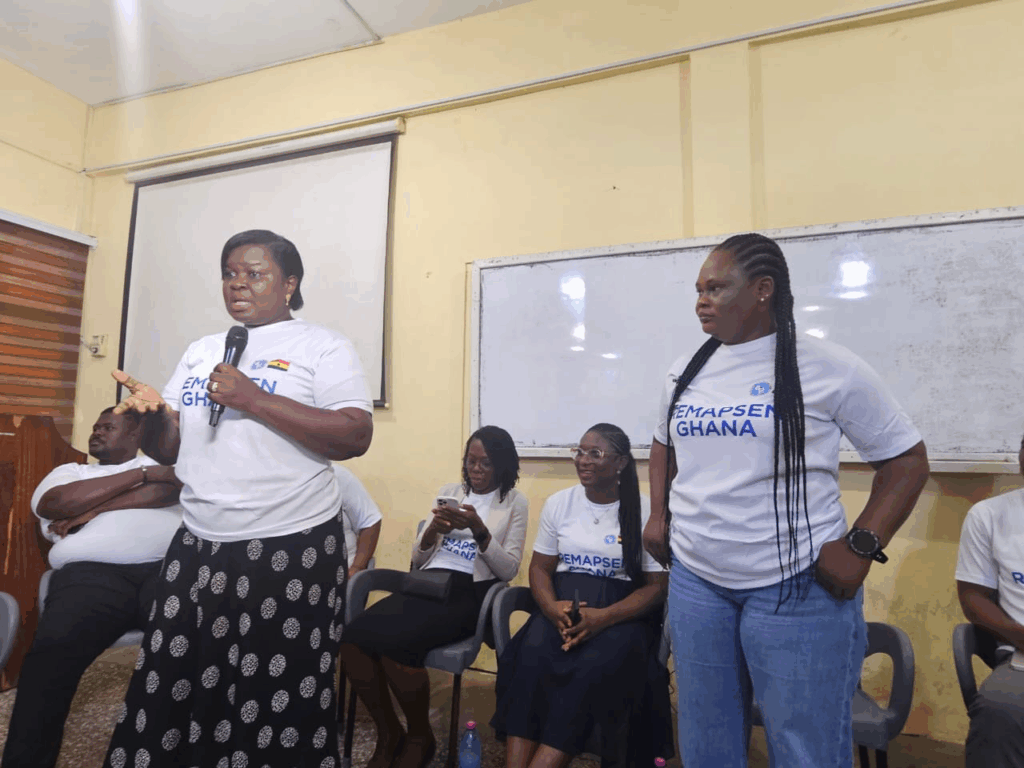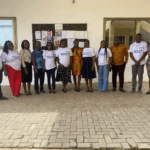
The Africa Media Network for the Promotion of Health and Environment (REMAPSEN Ghana) has urged journalism students to prioritise their social contract to society by telling impactful stories, rather than being solely driven by the pursuit of monetising content online.
The call was made during a familiarisation and mentorship visit by REMAPSEN Ghana to broadcast journalism students of the University of Media, Arts and Communication Institute of Film and Television, formerly known as NAFTI.
The visit introduced students to the network’s work and offered guidance on health and environment reporting, as well as insights into opportunities available in specialised journalism.
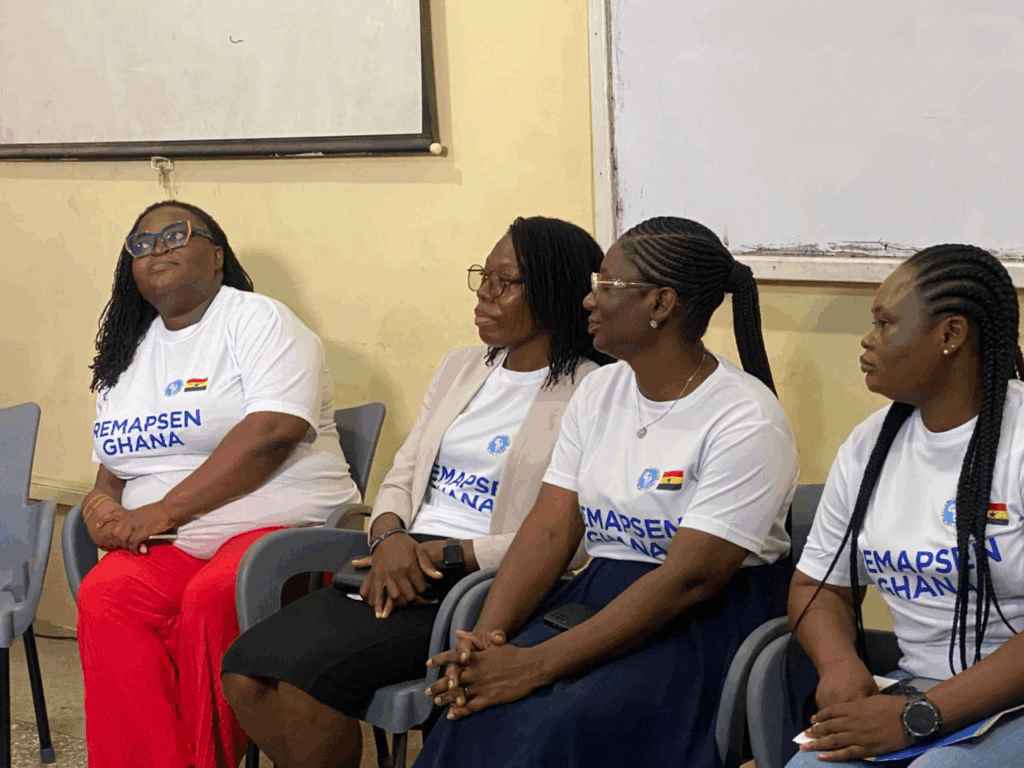
During an interactive session, one student raised concerns about the financial viability of journalism and ways to monetise content for survival. Responding, the National Coordinator of REMAPSEN Ghana, Emefa Ewoenam Atiamoah-Eli, explained that monetisation is possible if content provides value to the public.
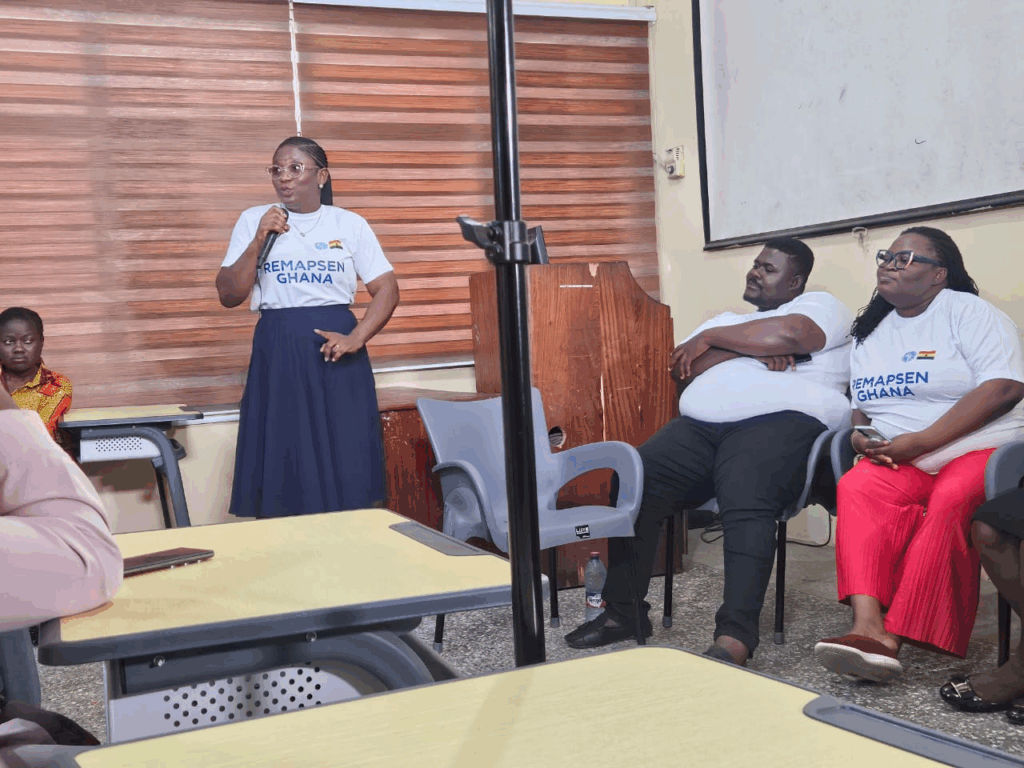
She stressed, however, that building a sustainable audience requires consistency, deliberate effort and carving a niche for oneself.
“It is good to want to monetise your content,” she said, “but avoid spending too much time consuming others’ content online. Focus instead on creating original stories that others will want to consume. You will be the loser if you are only consuming and not creating”.
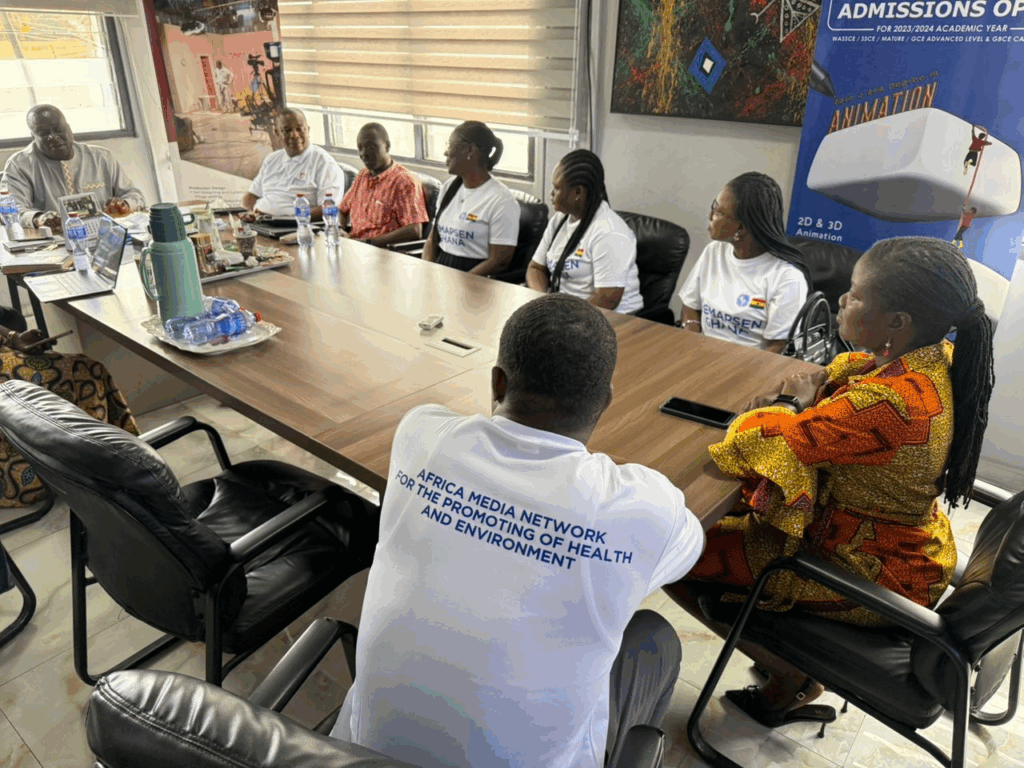
Reinforcing this point, the Manager in charge of Private Print Media at REMAPSEN Ghana and Editor-in-Chief of Daily Guide Newspaper, Jamila Okertchiri, cautioned students against being motivated only by money.
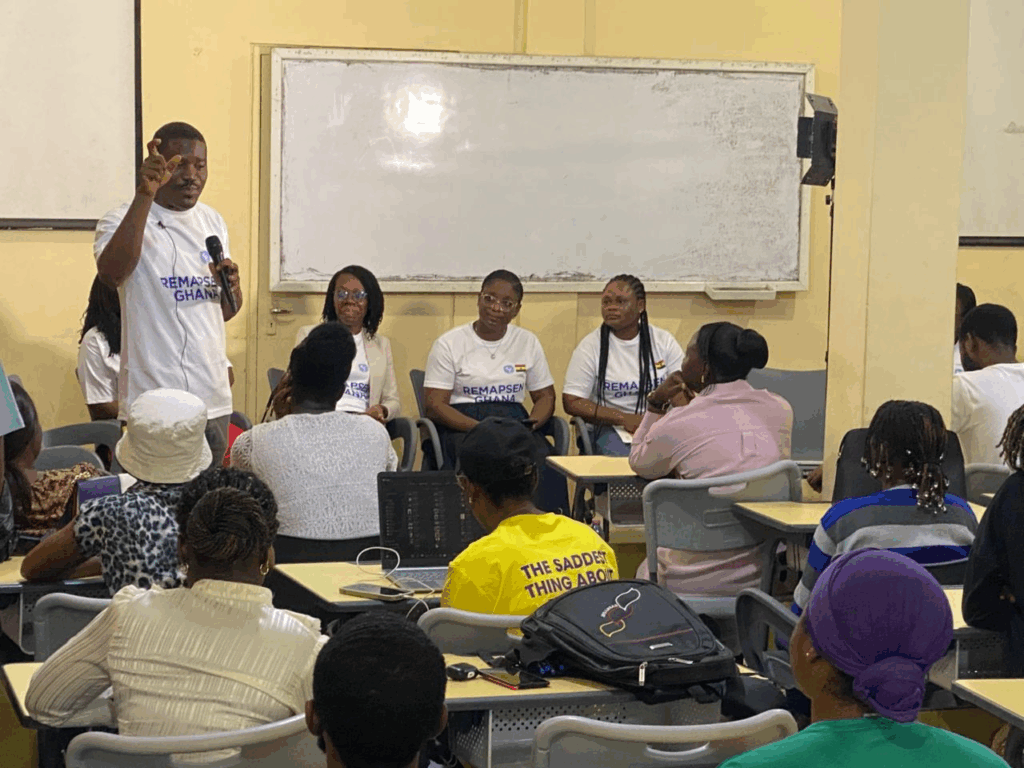
“Journalists are bound by a social contract to tell stories that bring social change and impact. If your primary aim is to get rich overnight, you will miss that mandate,” she noted. She added that wealth in journalism comes only through consistency, professionalism, and upholding high standards over time.
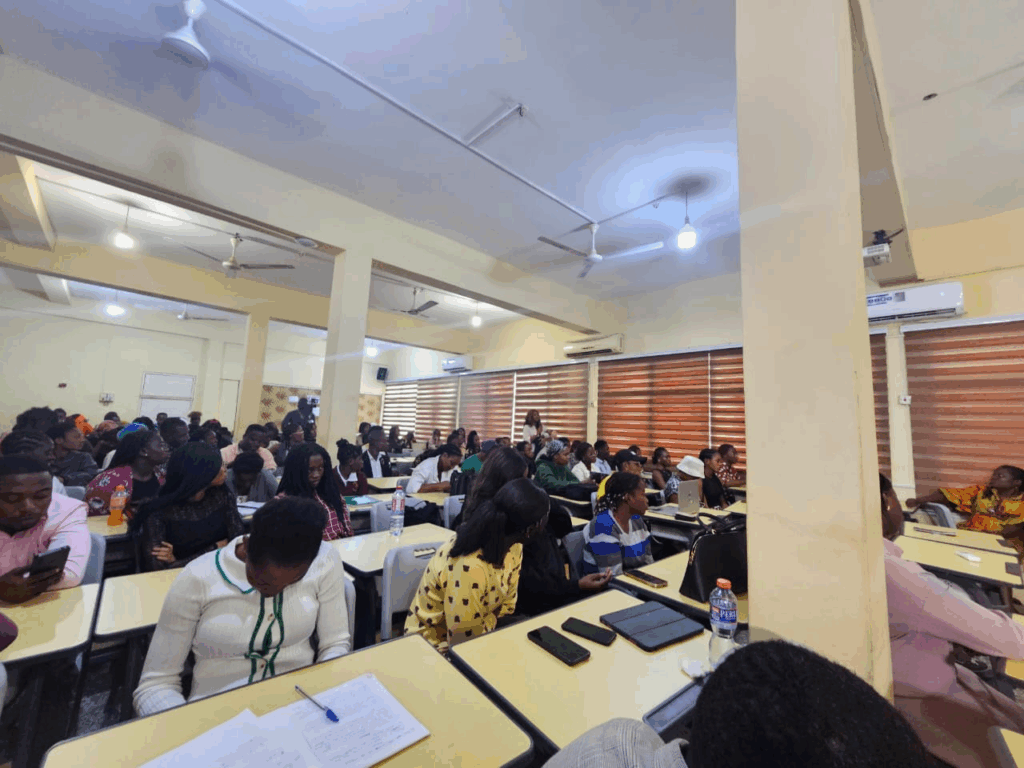
“The fulfillment one gets from making impact through storytelling is more rewarding than money.”
Head of the Broadcast Journalism Department, Dr Mary Ayim Segbefia, also advised the students to be intentional and professional about the content they publish online.
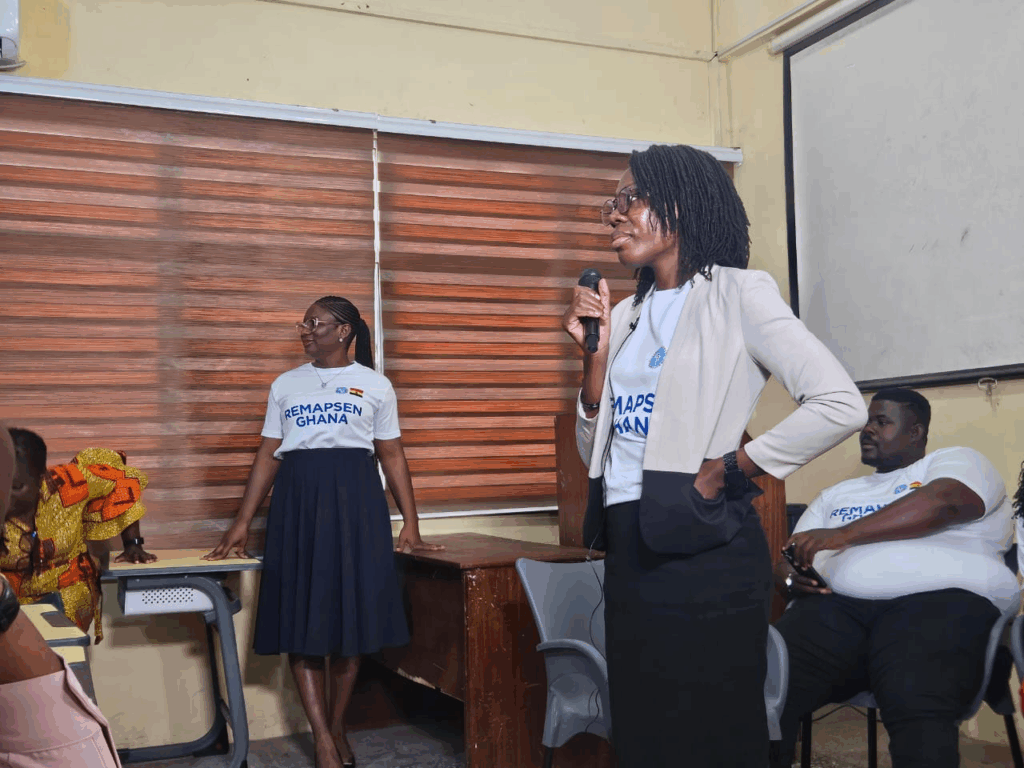
“The internet does not forget,” she warned. “What you upload will always reflect who you are, so avoid putting out junk content, be creative and responsible.”
Other REMAPSEN members shared field experiences and newsroom insights, encouraging students to be strategic, define their areas of interest, and pursue them with consistency and professionalism.
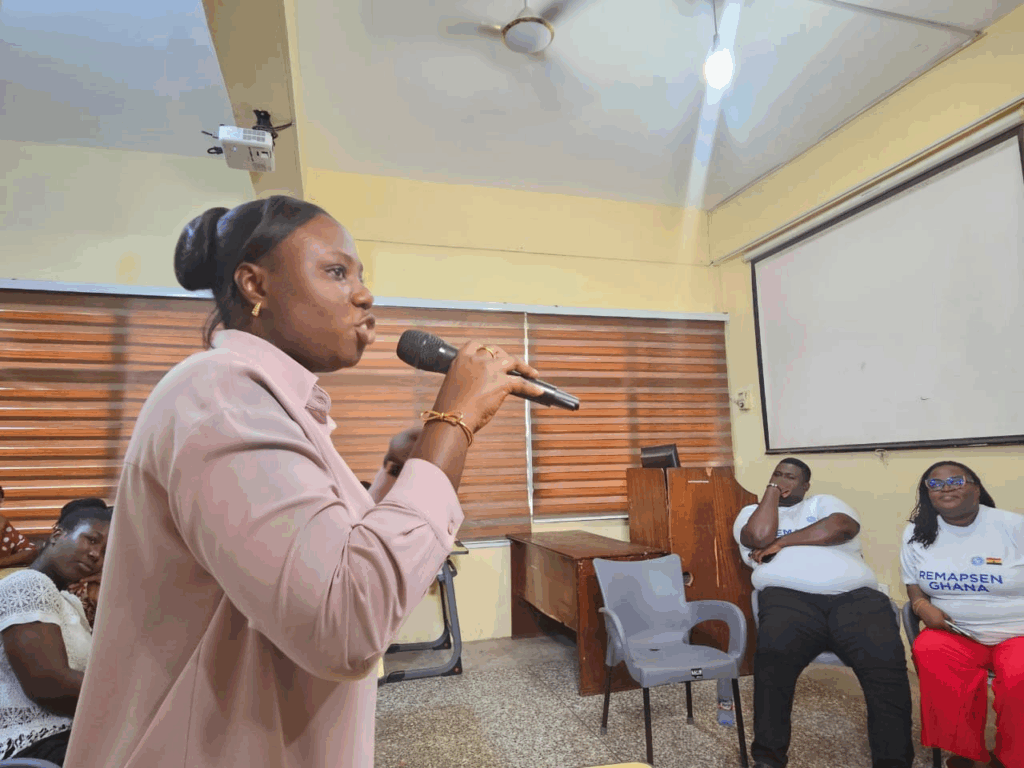
They assured the students that while journalism may be challenging and unrewarding at the elementary stages of practice, it offers opportunities for national and international recognition, career fulfillment, and financial sustainability over time.
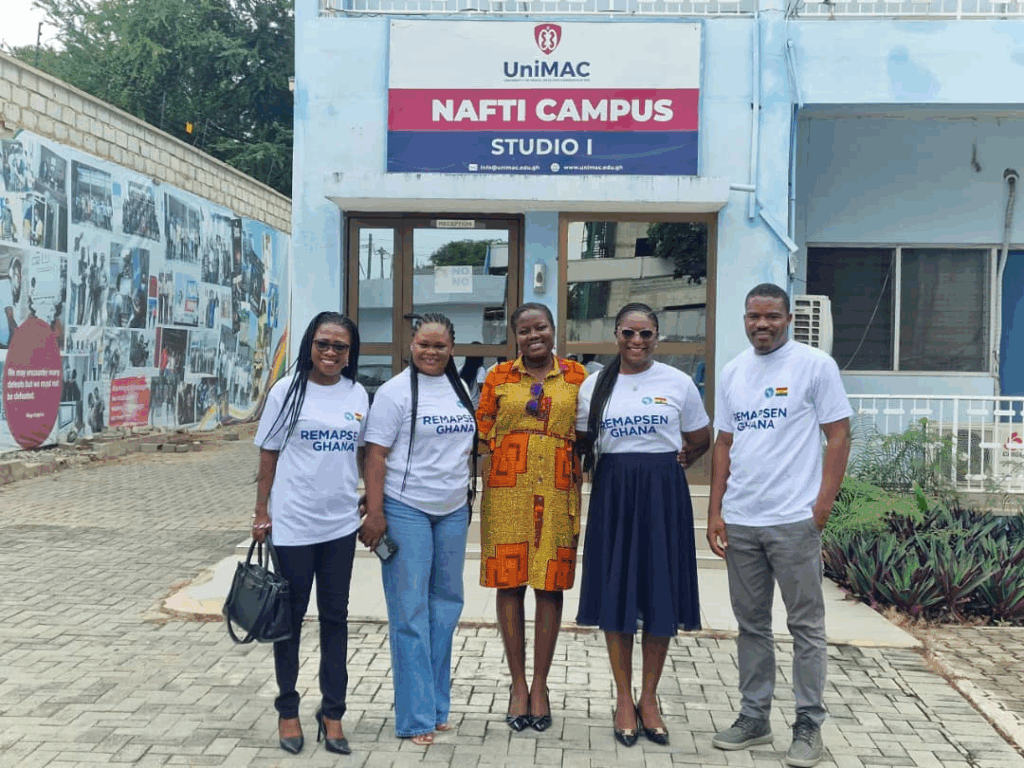
The team from REMAPSEN Ghana also met with the University’s management, where both parties agreed to strengthen collaboration and partner on future projects for mutual growth and development.
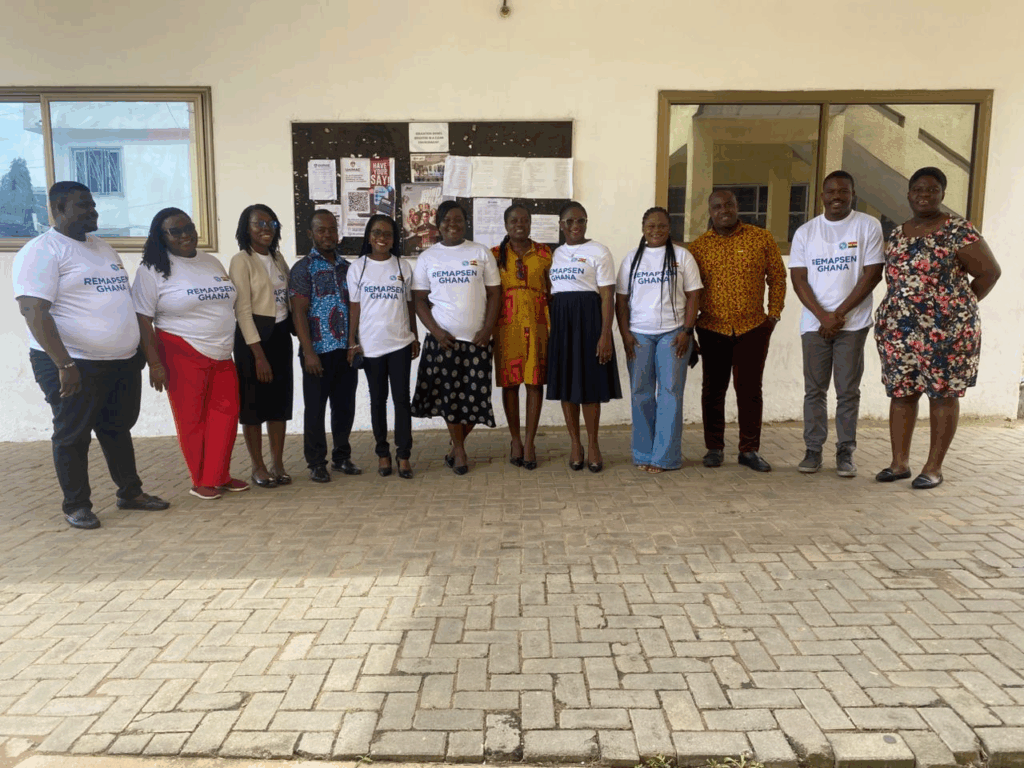
The Rector of the university, Prof Samuel Manasseh Yirenkyi, commended REMAPSEN Ghana for the visit and encouraged the network to sustain the relationship through regular engagements to help shape the career paths of the students.
